Driving Digital Transformation in Logistics with AI, IoT, and Advanced Analytics
Published by: Vinu VijayanJan 10, 2025Blog
Logistics keeps the world moving. Yet, the traditional methods that once drove the industry are increasingly strained under the weight of modern challenges--rising consumer demands, global supply chain disruptions, and pressure to cut costs. Businesses are now turning to digital transformation as the solution, with technologies like Artificial Intelligence (AI), the Internet of Things (IoT), and advanced analytics reshaping the way logistics operate.
This blog delves into these transformative technologies and how they are being leveraged to streamline operations, reduce costs, and gain a competitive edge. Whether you're a logistics manager, a technology enthusiast, or a business owner exploring logistics solutions USA, you'll find actionable insights here.
Emerging Tech Trends Reshaping Supply Chains
The logistics landscape is evolving at an unprecedented pace. Let's explore the cutting-edge trends driving this transformation:
Predictive Analytics for Smarter Operations
Data is the backbone of logistics. Predictive analytics takes this data and uses AI to forecast future outcomes. Whether it's anticipating seasonal demand surges or predicting the likelihood of supply chain disruptions, predictive analytics empowers businesses to act proactively rather than reactively.
For example, a major retail company might use predictive analytics to anticipate increased shipments ahead of Black Friday, ensuring warehouses are stocked and transportation networks are ready.
IoT: Enhancing Transparency and Control
IoT devices are everywhere, and their impact on logistics is profound. Sensors embedded in trucks, warehouses, and shipping containers provide real-time data on everything from location and temperature to vehicle performance.
Digital Twins: Simulating for Success
Imagine a virtual replica of your entire logistics operation. That's what digital twin technology offers--a way to test strategies, simulate scenarios, and identify inefficiencies before making real-world changes. For instance, a shipping company might use a digital twin to optimize routes for faster delivery and lower fuel costs.
How AI and Machine Learning Revolutionize Logistics
Artificial Intelligence (AI) and Machine Learning (ML) have proven to be transformative in logistics by automating complex processes and extracting actionable insights from vast amounts of data.
AI-Driven Predictive Analytics
AI algorithms analyze historical and real-time data to predict demand patterns. This allows businesses to:
- Optimize inventory management.
- Plan resource allocation efficiently.
- Mitigate risks of stockouts or overstocking.
For instance, using AI, a logistics company can forecast demand spikes during holiday seasons, enabling better staffing, inventory placement, and delivery planning.
Route Optimization
ML algorithms analyze variables such as traffic, weather, and fuel consumption to optimize delivery routes. This not only reduces costs but also shortens delivery times, leading to improved customer satisfaction.
Personalized Customer Experiences
AI enables logistics companies to offer more customized solutions, such as flexible delivery slots or personalized shipping options. These small touches go a long way in building customer loyalty.
IoT: Bridging the Physical and Digital in Logistics
IoT technology connects the physical and digital worlds, offering unmatched visibility into logistics operations.
Real-Time Fleet Monitoring
IoT devices track vehicle location, driver behavior, and fuel consumption. Managers can use this data to make data-driven decisions that improve efficiency and reduce costs.
Inventory Management
IoT-enabled sensors monitor inventory levels in real time, alerting managers when stock is running low or when certain conditions, such as temperature thresholds, are breached.
Cold Chain Logistics
In industries like pharmaceuticals and food, maintaining precise environmental conditions during transit is critical. IoT sensors ensure that products remain within specified parameters, protecting their integrity and reducing waste.
Advanced Analytics: Turning Data Into Action
Data alone doesn't solve problems; it's what you do with that data that counts. Advanced analytics tools transform raw data into actionable insights that drive smarter decision-making.
Predictive Maintenance
Advanced analytics tools, combined with IoT data, enable companies to predict when equipment might fail. This allows businesses to perform maintenance before a breakdown occurs, reducing downtime and repair costs.
Performance Dashboards
Custom analytics dashboards display KPIs in real time, giving logistics managers a bird's-eye view of their operations. From delivery times to fleet performance, these insights are invaluable for continuous improvement.
The Role of Custom Software Development in Logistics
Off-the-shelf solutions often fall short in addressing the unique needs of logistics operations. This is where custom logistics software development excels, providing tailored solutions to complex challenges.
Scalability and Flexibility
Custom software grows with your business. Whether you're expanding into new markets or scaling down during off-peak seasons, your software adapts to your needs.
Seamless Integration
Custom solutions integrate smoothly with existing systems like ERPs, CRMs, and IoT platforms, ensuring a unified ecosystem.
Enhanced Decision-Making
Tailored reporting and analytics tools focus on the KPIs that matter most to your business, helping you make informed decisions.
When partnering with a logistics software development company, businesses can create solutions that address their specific pain points while improving operational efficiency.
Key Technologies Reshaping the Industry
Several technologies are playing a pivotal role in modern logistics, including:
Predictive Maintenance
Using IoT and advanced analytics, predictive maintenance identifies potential equipment failures before they happen. This reduces unexpected downtime and extends the lifespan of assets.
Blockchain for Transparency
Blockchain technology creates immutable records, ensuring that every transaction in the supply chain is transparent and verifiable. This enhances trust between stakeholders and minimizes fraud.
Digital Twin Capabilities
By simulating real-world logistics operations, digital twins allow companies to test scenarios, evaluate strategies, and make data-driven decisions without risking disruptions.
Why Digital Transformation Matters for Logistics Companies
Digital transformation is no longer optional; it's essential for businesses that want to stay competitive. Companies that embrace technologies like AI, IoT, and advanced analytics can:
- Reduce operational costs.
- Enhance customer satisfaction.
- Improve supply chain resilience.
- Gain a competitive edge in the market.
For businesses looking for tailored solutions, partnering with a logistics software development company in USA can accelerate the transformation journey and ensure success.
Why Evalogical Is Your Ideal Partner for Logistics Innovation
Digital transformation in logistics demands expertise and vision, and that's where Evalogical excels. As a trusted logistics software development company, we specialize in creating tailored solutions that leverage the latest technologies like AI, IoT, and advanced analytics.
Our team understands the unique challenges of the logistics industry and works closely with you to develop software that drives efficiency, transparency, and growth. Whether you need predictive maintenance tools, real-time tracking solutions, or advanced analytics dashboards, Evalogical delivers results.
Contact Evalogical today to discover how our logistics solutions USA can transform your operations and position your business for success.


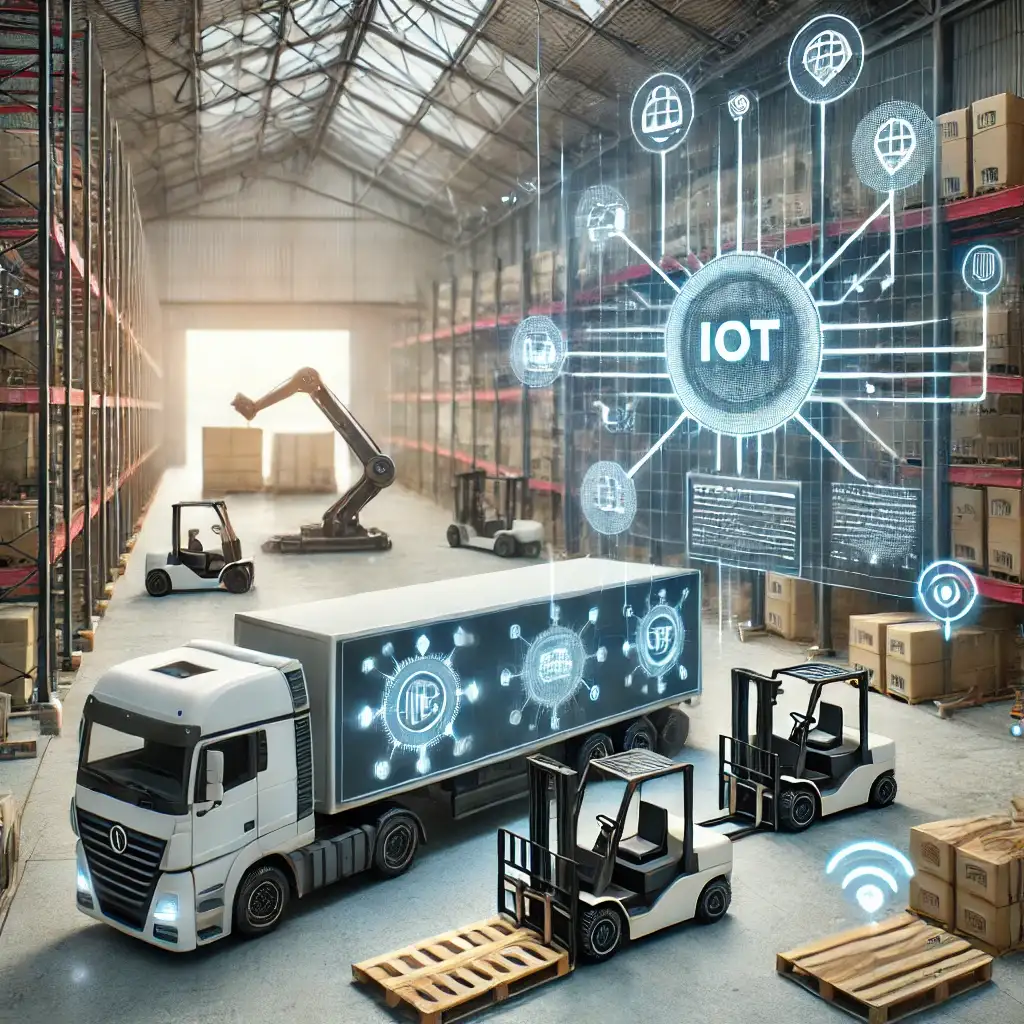
 UX Is Not Just Design: How Use....
UX Is Not Just Design: How Use....
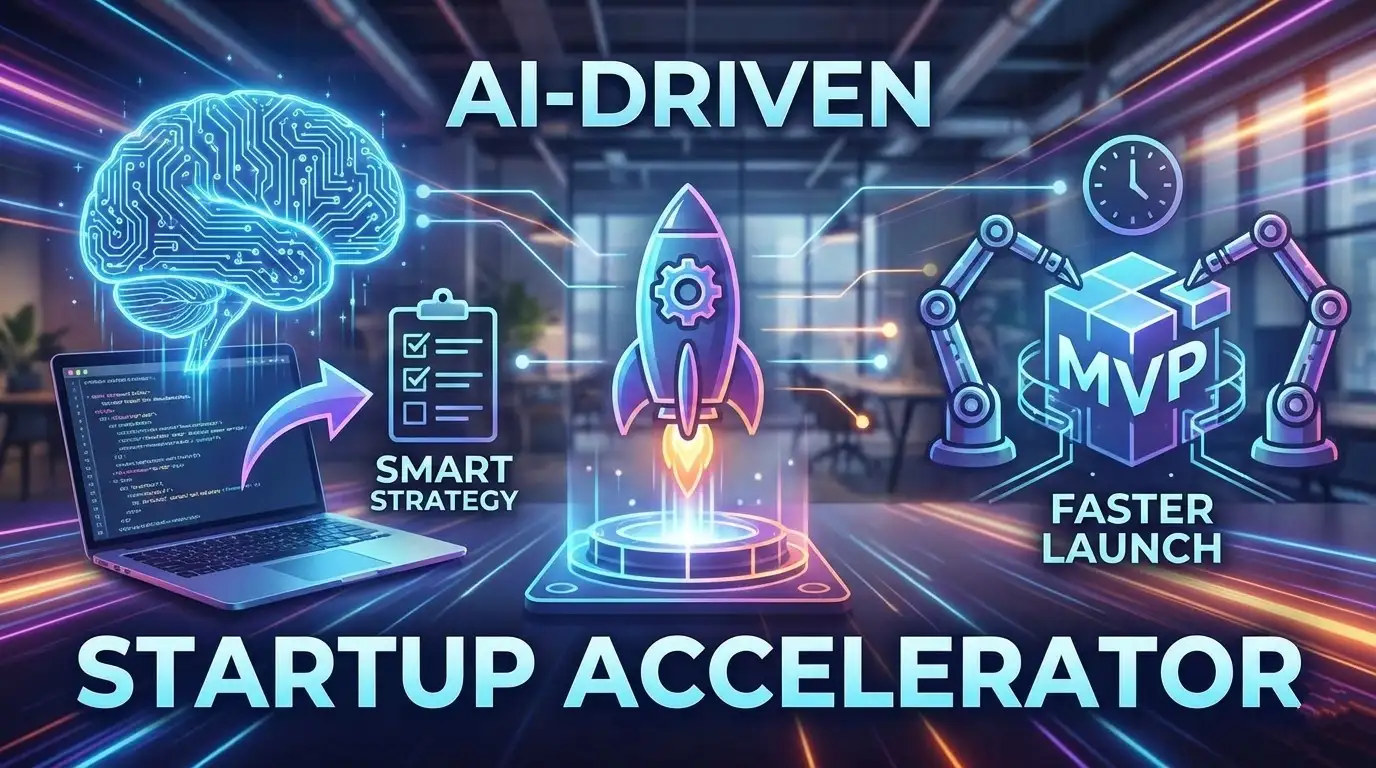 AI-Powered MVP Development: Sm....
AI-Powered MVP Development: Sm....
 Build Your MVP Faster: AI Tool....
Build Your MVP Faster: AI Tool....
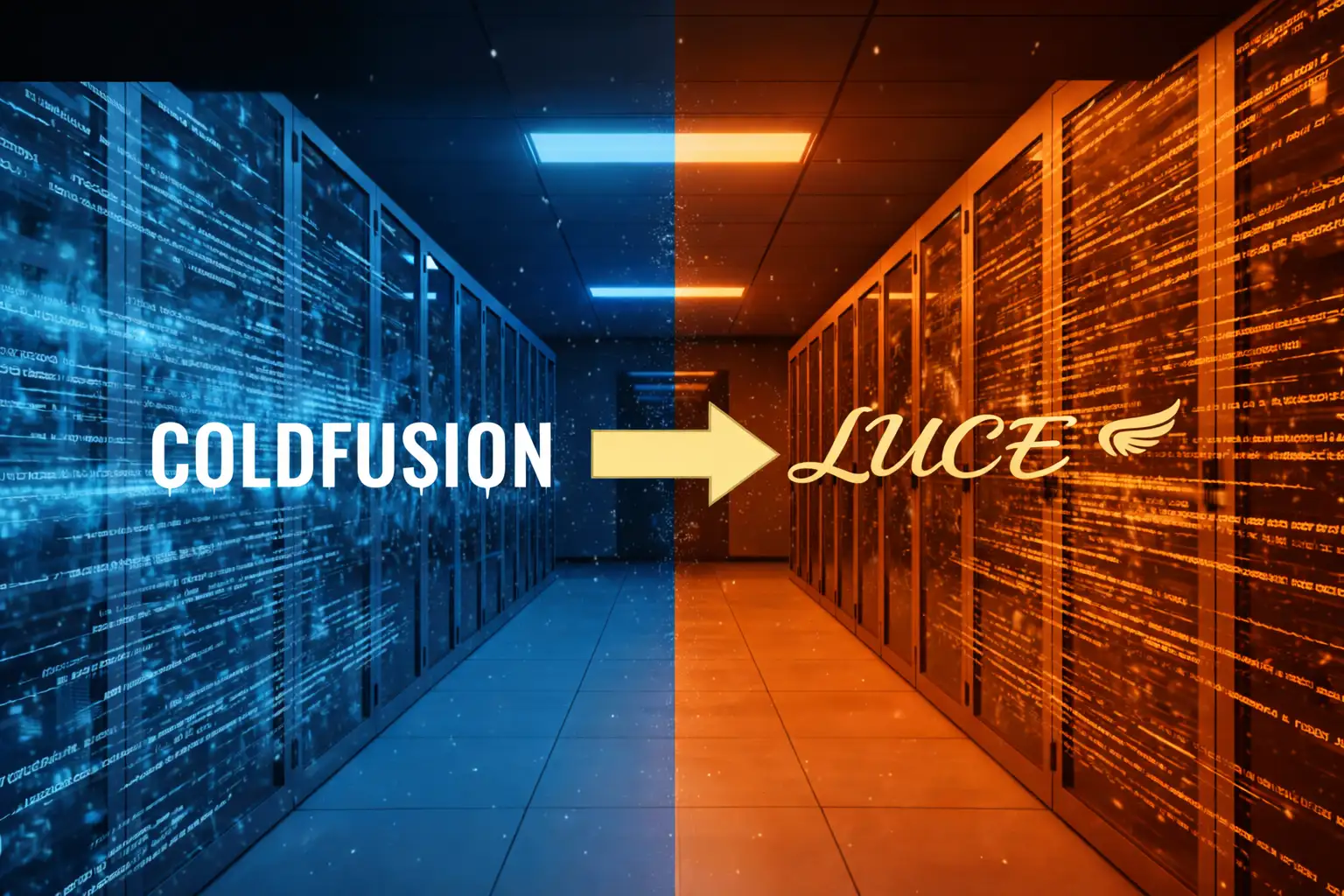 ColdFusion to Lucee Migration ....
ColdFusion to Lucee Migration ....
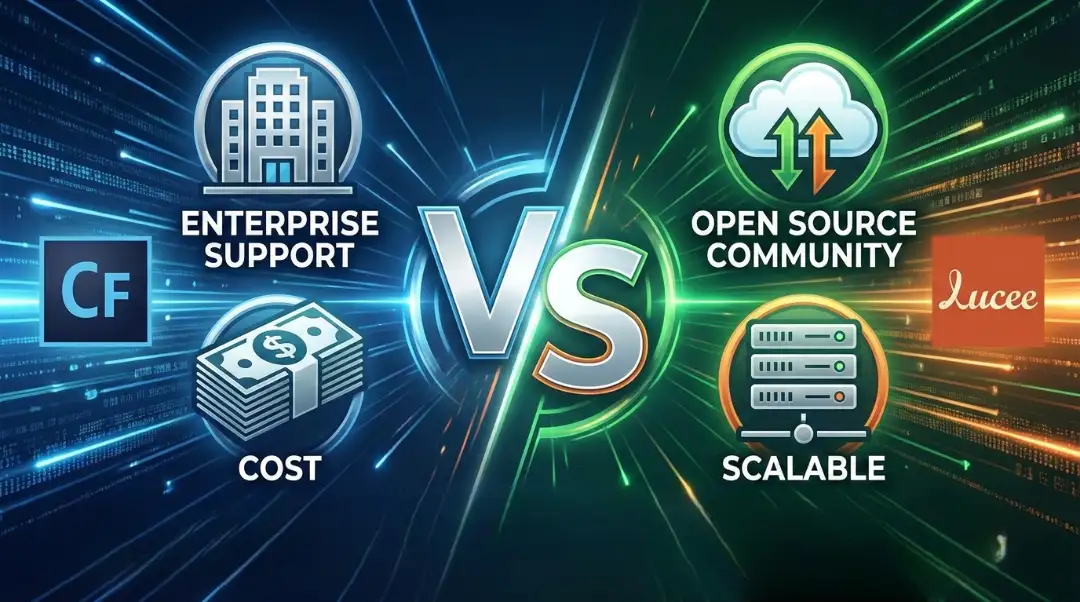 ColdFusion vs Lucee: Which Is ....
ColdFusion vs Lucee: Which Is ....

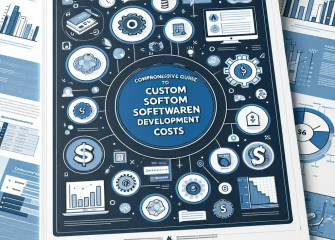

Your Trusted Software Development Company